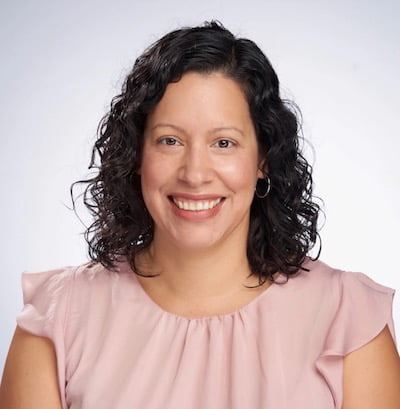LOS ANGELES, CA — May 4, 2022 — The California Department of Housing and Community Development (HCD) is being sued by tenants’ rights groups Alliance of Californians for Community Empowerment (ACCE Action) and Strategic Actions for a Just Economy (SAJE) over its failure to provide the full amount of rental assistance intended by the law establishing the state’s Emergency Rental Assistance Program (ERAP), putting tenants at increased risk of eviction and homelessness. ACCE and SAJE are represented by Western Center on Law & Poverty, Public Counsel, and Legal Aid Foundation of Los Angeles.
As people waited for HCD’s often onerous system to process applications, HCD abruptly stopped accepting applications on March 31, 2022, cutting off people in need of assistance after that point even when they qualify for but have not yet received their full 18 months of rental assistance. Specifically, the suit says HCD is not providing assistance for prospective rent or expenses incurred after March 31, 2022, even for eligible households that submitted an ERAP application before applications closed. This means applicants who were unable to pay April rent or beyond could still face eviction even if HCD approves their application, thereby defeating ERAP’s goal of preventing eviction and stabilizing households.
“When I heard about the ERAP program, I got very happy because I was impacted by COVID-19, and I lost my job,” said Dionicia Cipres, tenant and SAJE member. “I sent my ERAP application and I got approved for a few months, but I was put on hold for February and March. I had initially put down the April and May rents on my application, but when the March 31st deadline was announced, those months were not included and had to be removed. I don’t know how I’m going to pay June because I don’t have steady income.”
As California considers new proposals to combat homelessness, the ERAP program is intended to stop people from becoming homeless where it often starts — eviction. The highly publicized decision by lawmakers for ERAP to cover 100% of an eligible household’s rent debt is essential for preventing evictions — tenants will be evicted unless all of their rent debt is resolved.
“An eviction is a scarlet letter for most renters, but especially low-income renters who have fewer options,” said Jonathan Jager, staff attorney at Legal Aid Foundation of Los Angeles. “If the ERAP program is supposed to prevent homelessness, it doesn’t make sense to provide assistance in a way that still leaves tenants vulnerable to being evicted.”
Under HCD’s current practice, landlords can still receive large ERAP payments while
their tenants are evicted for non-payment of April 2022 rent. The Census Household Pulse Survey estimates that 32 percent of California renter households with pending rental assistance applications were “not at all confident” in their ability to pay April rent.
“The pandemic and its economic fallout is not over yet, particularly for low-income Californians — we’ve heard from many tenants that they are unable to pay April rent and beyond,” said Greg Bonett, staff attorney at Public Counsel. “For a tenant to face eviction while the state sends their landlord a check is absolutely confounding. By cutting off rental assistance, HCD’s policy is largely harming renters of color and allowing landlords to get paid and still evict their tenants.”
The lawsuit seeks to compel HCD to immediately reverse policies that stop payments to tenants for debt accrued after the sudden and arbitrary March 31, 2022 cutoff date, and to make available the full 18 months of rental assistance to all eligible applicants.
“California received billions of dollars from the federal government and has a significant state budget surplus — more than enough to keep people housed through ERAP,” said Madeline Howard, senior attorney for Western Center on Law & Poverty. “In the midst of a homelessness and housing affordability crisis, the state must use its resources to keep people in the homes they already have so as not to compound the crisis.”
###
Public Counsel is a nonprofit law firm and the nation’s largest provider of pro bono legal services. It serves communities locally and nationwide by advancing civil rights litigation, advocating for policy change and providing free legal services to thousands of clients annually.
Legal Aid Foundation of Los Angeles (LAFLA) is a nonprofit law firm that seeks to achieve equal justice for people living in poverty across Greater Los Angeles. LAFLA changes lives through direct representation, systems change, and community empowerment. It has five offices in Los Angeles County, along with four Self-Help Legal Access Centers at area courthouses, and three domestic violence clinics to aid survivors.
Western Center on Law & Poverty fights in courts, cities, counties, and in the Capitol to secure housing, health care, and a strong safety net for Californians with low incomes, through the lens of economic and racial justice.






